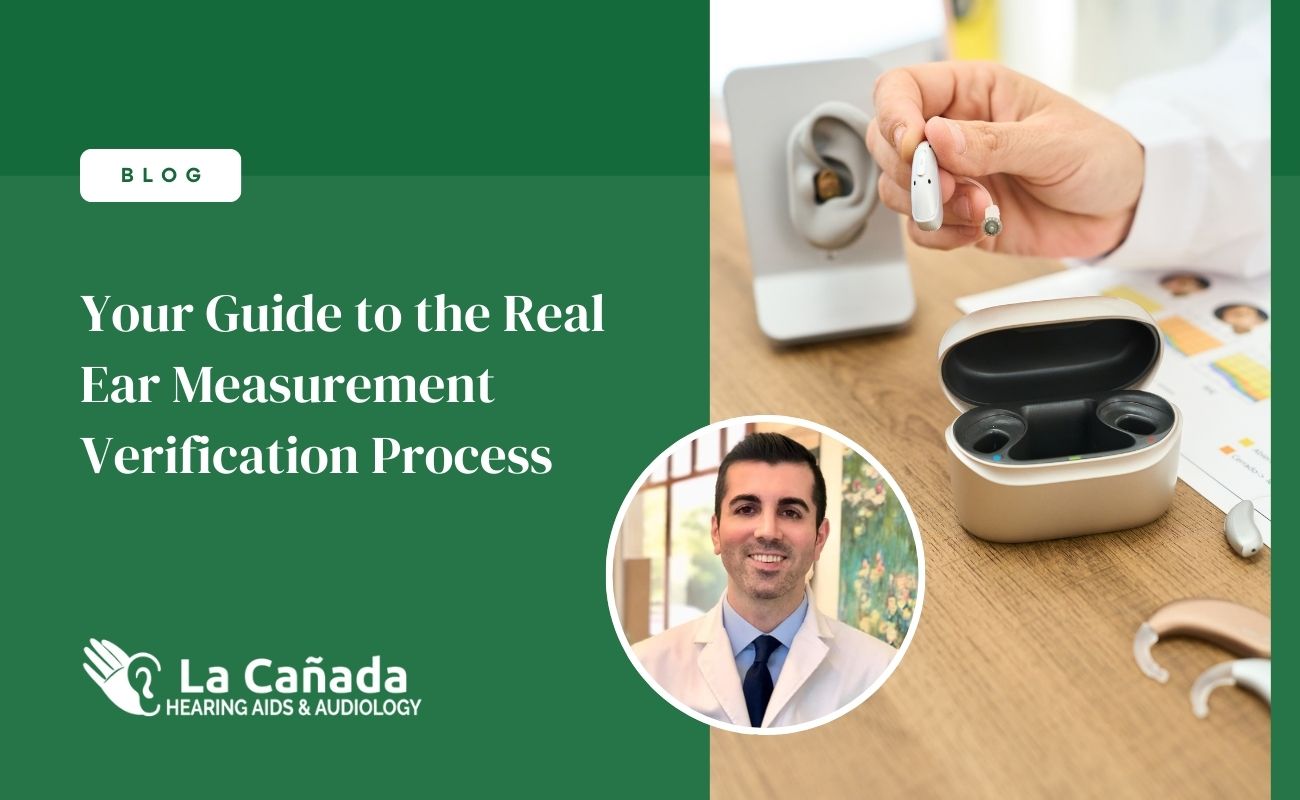If you’ve recently made the decision to invest in a pair of hearing aids, congratulations! You have chosen to invest in much more than a pair of electronic devices. Treating hearing loss with hearing aids reconnects you to your loved ones, keeps you active and involved with your favorite activities, and could even help support your overall health and well-being. Because hearing is highly subjective and differs greatly person to person, Dr. Kevin Ivory of La Cañada will work with you to find the best solution to treat your needs. Here is a brief guide on things to consider when buying a new pair of hearing aids.
Understanding Your Hearing Loss
After your hearing test, it is likely that your hearing specialist went through your audiogram with you and detailed the degree and configuration of your hearing loss. Some people experience unilateral hearing loss – or hearing loss in one ear – while more commonly people have bilateral hearing loss. Many of us use the internet as a source of research and commerce, which is great; it is important to remember that the details of your hearing loss are very important in determining the best device for you. Based on your results, your hearing specialist will work with you to determine the best hearing aids to treat your specific hearing loss.
Financing Your Devices
Hearing aids are sophisticated pieces of machinery that have been developed with advanced technology to support your auditory process. Indeed, they are one of the most important investments you’ll ever make and they do bring great benefits in return. Depending on your hearing needs and different technology available, your hearing specialist will give you a range of options that fit into your budget. Unfortunately, Medicare does not currently cover hearing aids, though there is legislation in the works to include hearing aids and hearing health costs in Medicare coverage.
Consider Your Lifestyle
You’ll be wearing your hearing aids every day, from morning until night. It’s important that your hearing aids are a seamless fit with your lifestyle. Consider what you do on a daily basis. This could give Dr Ivory a good picture of what features would be most beneficial for your hearing aids. There are hearing aids that are water resistant or have longer battery life. If you are out and about all day, or if you run, sail, hike, cycle, etc., make sure that you look for hearing aids that can accommodate an active lifestyle. Depending on the hearing aid style, some are more difficult to control than others. In general, the controls are quite small. Be sure to mention concerns you may have, as well as conditions that might hinder you from controlling your hearing aid with ease, such as arthritis.
Check out the Different Technologies Available
All hearing aids consist of the same components: microphone, amplifier, receiver, battery, volume control, and electrical components. In-the-ear hearing aids house all of these components in one unit, while behind-the-ear hearing aids have two or three distinct, connected parts.
Beyond this, there are hearing aids that are rechargeable (which provide up to 24 hours of listening on a single charge), have high IP ratings (which help protect the devices from moisture and debris), and have the capability to connect wireless to your other devices, such as your smartphone. Many hearing aid manufacturers are moving toward incorporating all three of these excellent features into their devices, so it is important to determine exactly which features will be most convenient and supportive in your lifestyle.
There are other exciting technologies available for hearing aids. Some hearing aids grant your hearing specialist remote access, which allows them to make adjustments to your hearing aids without you having to go back to the office. With a connection to your smartphone, some hearing aids allow you to stream phone calls, music, movies, and other media directly to your ears. Also, with a smartphone connection, you can activate a GPS feature which saves your preferences by location and will automatically adjust to your preferences when you return. There is even a hearing aid now that does live translations, which is an excellent choice for jetsetters!
Visit Us at La Cañada Hearing Aids & Audiology
Are you in the market for a new pair of hearing aids? Whether you are looking to upgrade or are searching for your first pair of hearing aids, Dr Ivory of La Cañada Hearing is here to support you on the process to better hearing. Contact us today for a consultation.


.webp)





